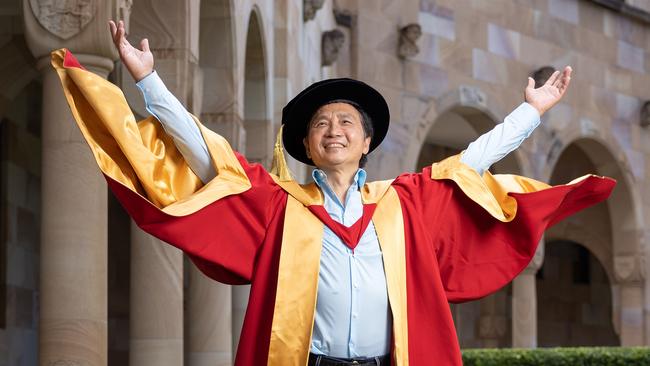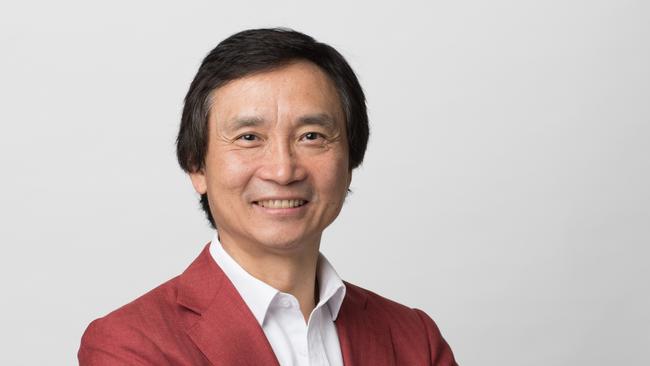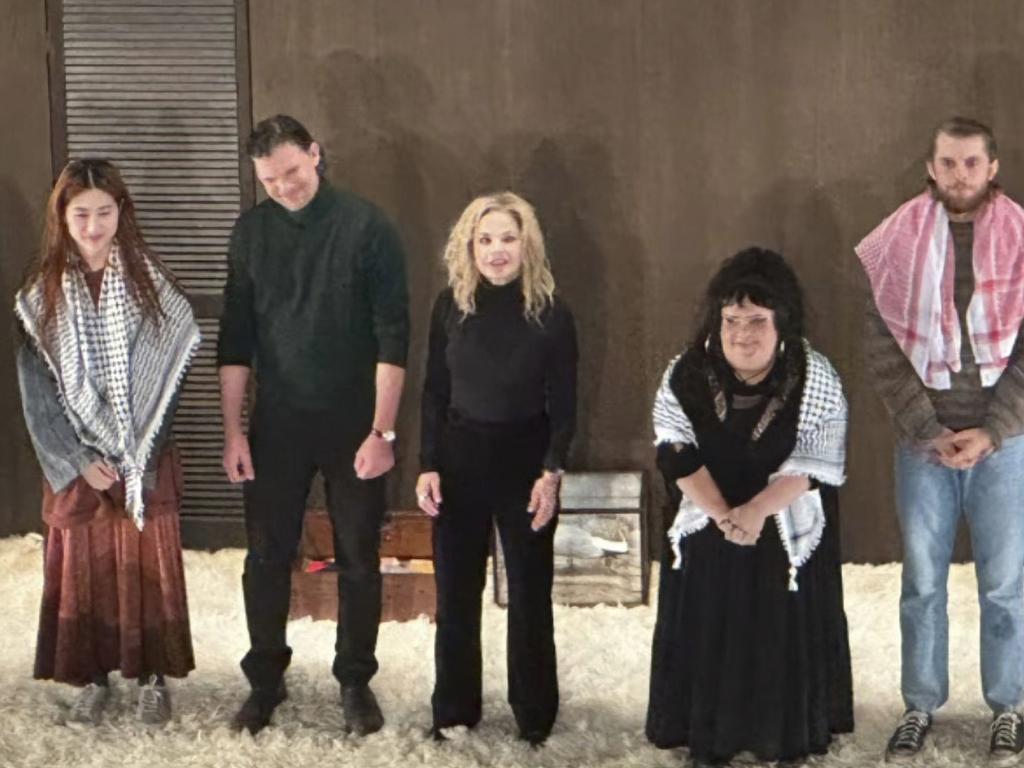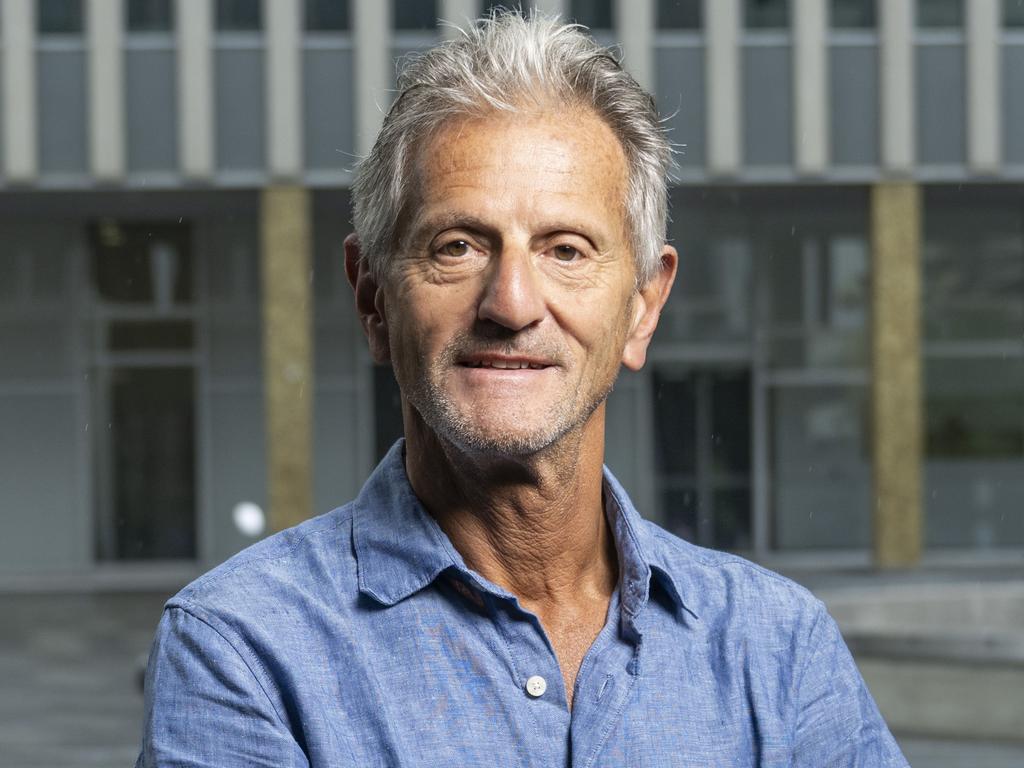Mao’s Last Dancer Li Cunxin says political posturing has no place on the stage
Ahead of his farewell shows in Brisbane and acutely aware of the row engulfing the arts over the STC actors’ pro-Palestinian protest, Li Cunxin says politics and the arts don’t mix.

The man they call Mao’s Last Dancer is reluctantly bowing out, but there is one thing he won’t be doing when he takes his final curtain call on Wednesday.
Li Cunxin said he would never, ever thrust politics onto the big stage: “Once you bring political stuff in there, it just changes the nature of art,” he warned.
It’s not as if the clash of ideologies and personal belief hasn’t reached into his extraordinary life – taking him from an impoverished childhood in rural China to the glittering lights of international ballet stardom. Li fled the murderous communist dictatorship of Mao Zedong to realise his dreams in the West.
Preparing for his swan song shows in Brisbane – paying tribute to 11 successful years at the helm of the Queensland Ballet Company – he is acutely aware of the row engulfing the arts in Australia over the pro-Palestinian protest staged by members of the Sydney Theatre Company at an opening-night performance on November 26.
Li won’t go into the rights and wrongs of that display, nor the likelihood of other professional performers following suit. But he will say this: “I feel it is really important for us, as artists and performers, to be non-political.
“The arts play a very important part in creating social cohesion and bringing people together and breaking cultural boundaries or political boundaries ... it doesn’t matter what political persuasion or opinions you have, you can enjoy the arts. That’s the importance of their place in our society.”
The 62-year-old said he hadn’t been tempted to politicise his inspirational escape from the grim orthodoxy of Maoist China. His long march to success was about making the most of life’s opportunities, not subjecting others to a political viewpoint. “Once you start to really project or show these kinds of political biases then, I think, the arts sort-of lose their importance,” Li said.
His retirement as artistic director of the Queensland Ballet was not of his choice: a serious heart condition forced him to step down. Li’s accomplished wife and former elite ballerina, Rockhampton-born Mary McKendry, faces an ongoing battle with cancer and will also retire from her role as the company’s ballet mistress and principal repetiteur, which she took up at the same time her husband joined. What does retirement look like for them?
“We don’t really know at this stage,” Li admitted. “But there are two main aims going forward. One is to try everything we can to look after our health to make recovery for both of us possible, and that will take time and effort and a really different mindset because work for us has been a lifelong passion involving the ballet world.
“And the second part will focus on really spending as much quality time as possible with each other, with our family, with our closest friends … because, you know, we’ve not had the time to keep up with a lot of them.”
And who knows, there may even be time to write that long-planned sequel to his best-selling 2003 memoir, Mao’s Last Dancer, later made into a hit Hollywood movie.
On Monday night, Li accepted an honorary doctorate from the University of Queensland and addressed the graduating class of ’23 in humanities.

Typically, Mao’s Last Dancer was looking to the future, telling the young faces in the crowd that they should be bold, brave and follow their dreams, just as he did.
“I hope you will live a life with hunger in your belly, thirst for knowledge, dare yourself to achieve the impossible and not be afraid to fail,” he told them.








To join the conversation, please log in. Don't have an account? Register
Join the conversation, you are commenting as Logout